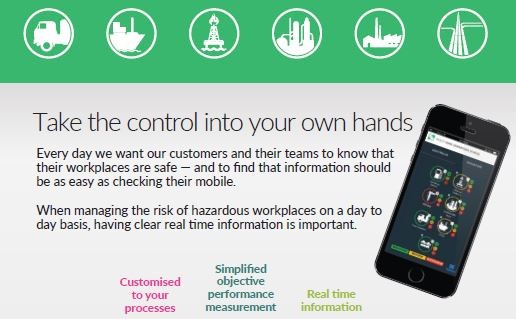Working & Learning Is Changing – What Now?
There are a multitude of opportunities and challenges emerging for organisations from this COVID pandemic and many relate to the manner employees work and learn. There is no blueprint for what we are facing but business leaders around the world are certainly changing strategies to adapt.
Organisations have moved quickly to recognize the practicalities associated with keeping workers safe from COVID, including the reality that many roles in an organization can be effectively completed from home.
Many companies were thrust into the transition to remote working (and learning), completely unprepared and had to adapt quickly to the new reality – and adapt they did. One of the lasting repercussions of COVID-19 will be that, while there are some businesses that may always need face-to-face interaction, many roles in most white-collar industries will shift permanently away from the traditional “face-to-face is best” thinking. With so many businesses able to maintain service levels via remote digital options, the need to go back to office-based, face-to-face operations full-time, once the pandemic is over, is neither tenable, desirable nor necessarily the most effective.
The situation we find ourselves in is quite ironic; first, many businesses found themselves digitising their relationships with customers and now they’re digitising relationships with employees. A new paradigm is required to manage this uncertainty.
So, what are the challenges of this shift?
Well, for one there’s the potential loss of individual identity, of the health and wellbeing traditionally derived from the social, altruistic, and professional interactions that were commonplace in an office environment. Organisational structures and cultures that were built around colleagues, teams, and departments operating together, now need completely re-thinking.
Companies are at the crossroads: those that capitalize on the COVID-enforced opportunities will find themselves in a good position to retain their talent and attract people when the situation stabilizes. By contrast, those that fail to change will be left behind, exposing their employees to increased risks of financial stress from having to face layoffs and closures.
People are learning how to do work disparately and with far less oversight: they are learning “on the job” what works and what does not work at home and holding virtual meetings that might have happened before but never to such an extent. This period of adjustment has required us all to be supportive of one another. Control has, to some extent, had to give way to trust.
It’s not just how we work that has shifted. It’s how we learn too.
How do we, as employees and lifelong learners, train and acquire new skills without the group-based, facilitated training sessions or classes that have been the norm for decades? How do we, as leaders, support this learning and manage the performance of our remote teams? How do we get real-time engagement and feedback?
We are now in an era of ‘Learning by Doing’ and ‘Learning by Teaching’. Instead of experienced Group-based workshops facilitated by an in-house trainer, the new model is about digital online facilitation and virtual group-based experiences.
In the past, eLearning was limited to a few individuals who had the appropriate clearance and authorisation. This has changed quickly so now anyone can create digital learning experiences and anyone can experience them.
This openness to the diversity of digital solutions will see less top-down, one-size-fits-all learning and more consultation with employees (end-users) about what online learning and working platforms should be adopted; adult learning will increasingly be done on smartphones, tablets, and laptops.
There is little doubt we are living in a new “low-touch” economy. It is time to adapt and shift our mindsets, develop skills and rethink how we make decisions to stay agile, connected and human.
Nuffield Group has built a virtual workshop capability to deliver teaching and training workshop solutions for organisations. Find out more here.
Call 1300 308 257 or +61 404 852 062 for more or email us direct at nuffield@nuffieldgroup.com



